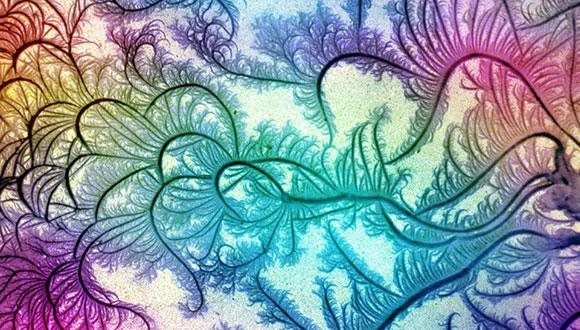סמינר בחומר מעובה: Merging Control Calibration and System Characterization for Scalable Quantum Computers
Shai Machnes, Saarland University, Germany
Abstract:
Quantum computing is a revolution in the making, but the field is facing difficulties scaling up from the current 20-30 qubits to larger scale devices. For Josephson junction quantum computers, manufacturing variabilities necessitate individual characterization of each qubit and each coupling, and calibration of each control sequence, totaling many thousands of measurements and calibrations for a 100 qubit chip, and many months of dedicated work by a large team. Further, control pulses are currently designed using highly simplified analytic models, resulting in initially poor fidelities. The controls are then calibrated in-situ, achieving high-fidelities, but without a corresponding model. We are therefore left with a ridiculous situation: a model we know is inaccurate, working controls for which we do not have a matching model, and a calibration process from which we learned nothing about the system. We propose a novel procedure to rectify the above problems, clearing a path to scalable quantum computation.
We begin with a quick review of the current state of quantum computing hardware. We then detail the new quantum optimal control technique, and how it may be utilized to merge control sequence design, calibration and system characterization into a single, scalable process. Finally, we'll present how a Computer Algebra System may be utilized to derive simplified system models, guiding automatic progressive characterization and calibration of large complex systems, and how generative-adversarial learning may be utilized to allow small quantum computers to boot-up larger ones.
We believe these new approaches will greatly improve both the accuracy of current quantum computers and our understanding of their dynamics - both critical components on the road to large scale quantum computation.
Main reference: Shai Machnes, Elie Assémat, David Tannor, and Frank K. Wilhelm - Phys. Rev. Lett. 120, 150401 (2018) - Tunable, Flexible, and Efficient Optimization of Control Pulses for Practical Qubits
מארגנת הסמינר: ד"ר רוני אילן


